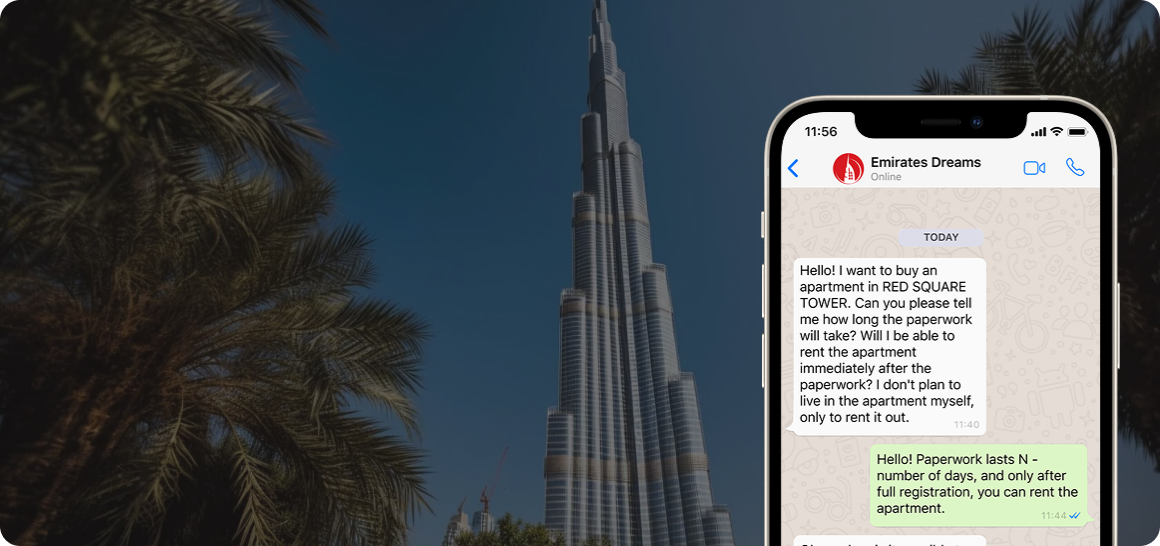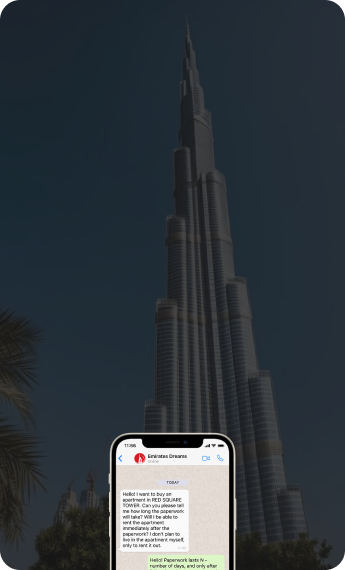Learn more about this
object
by downloading the presentation
Apartment in the district DAMAC Hills (Akoya by DAMAC) located in a residential complex ELO 2.
Area: 90.22 м2, Bedrooms: 1, Distance to the sea: 27 км km
What payment methods are available for this property?
Is this property rentable?
How long does it take to process the paperwork?

